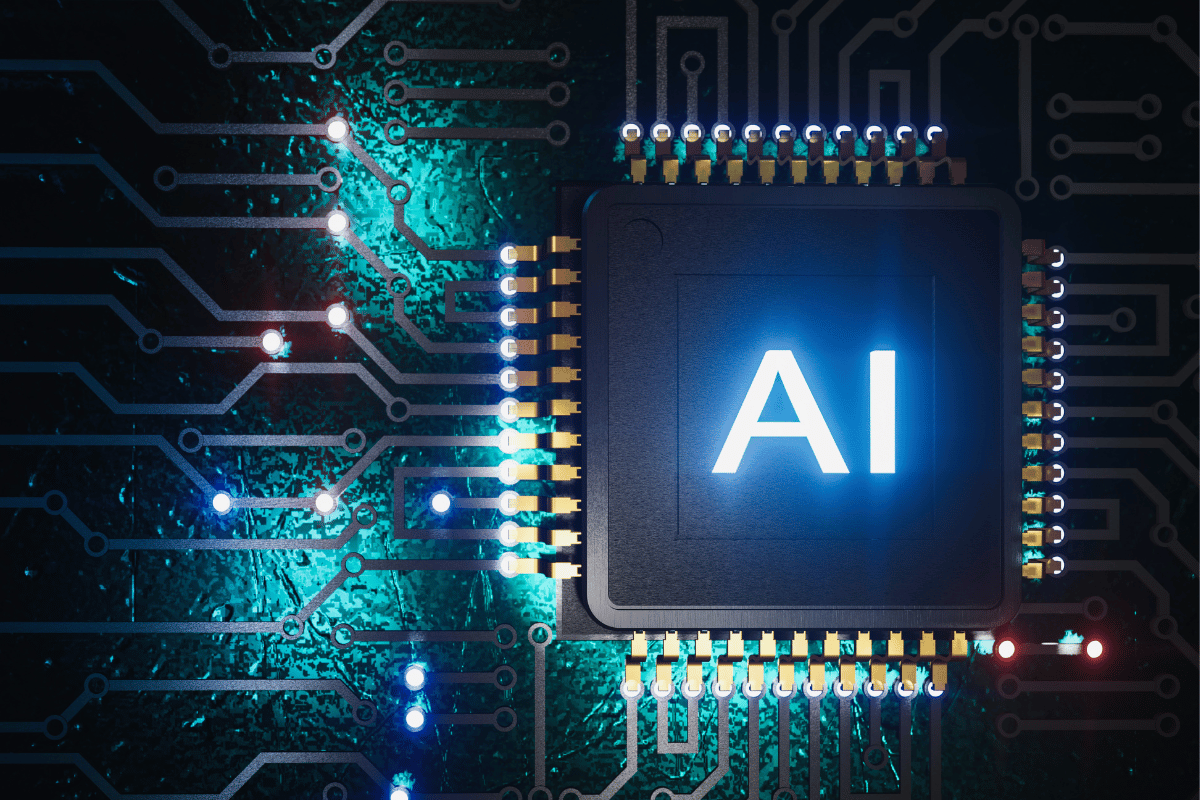The software landscape is evolving at breakneck speed, driven by the constant demand for faster development cycles, higher quality standards, and unwavering reliability. At the heart of this transformation is Artificial Intelligence (AI), which is redefining quality engineering and software testing. Once considered a futuristic concept, AI-driven software testing has moved from a “nice-to-have” to a “must-have” for organizations serious about aligning their testing capabilities with modern business goals.
For CxOs, IT leaders, and digital transformation executives, AI-driven testing represents a strategic investment that goes beyond simple automation. It brings new efficiencies, insights, and cost savings that can transform the way software is built, tested, and deployed. But how exactly does AI in testing benefit organizations, and what are the practical results? Let’s dive into the key advancements and examine the return on investment (ROI) that AI brings to quality engineering.
AI in Quality Engineering: Recent Advances Driving the Industry Forward
AI in quality engineering is about more than just accelerating test cycles; it’s about an intelligent testing approach that’s data-driven, adaptive, and proactive. Here are some notable advancements that are changing the game for testing and QA teams:
- Predictive Analytics for Early Problem DetectionAI-powered predictive analytics uses historical data to predict where potential issues may arise, helping teams focus their efforts on the areas most at risk. By analyzing patterns in past bugs, performance bottlenecks, and failure points, predictive analytics identifies and prioritizes high-risk areas before they impact users, resulting in fewer post-release issues and faster response times.
- Automate test case creation and executionManual test case creation can be time-consuming and prone to gaps in coverage. With AI, test case generation and execution become autonomous, ensuring that critical paths and edge cases are always tested. AI can analyze application data, automatically generate test cases for different scenarios, and even adjust those cases in real-time as code changes, maintaining relevance and coverage.
- Self-healing automation for resilient testingAutomated tests are valuable, but they can easily break with small UI or code changes, creating a maintenance nightmare. AI-powered self-healing scripts adapt to minor changes in the application, reducing the need for constant script updates and making the testing process more resilient. This ensures that test automation remains stable and effective, freeing up resources to focus on strategic initiatives.
- AI-driven test data managementAI algorithms can streamline data management by generating synthetic test data that mimics real-world scenarios, enabling more robust and reliable testing. This approach not only reduces reliance on production data, but also improves privacy compliance by limiting exposure to sensitive information.
AI-driven testing and ROI: Realizing business value through innovation
While the technical benefits of AI-driven testing are clear, decision makers need to see tangible ROI to justify the investment. Here’s how AI helps deliver that value:
- Reduced time to marketBy automating test case creation, execution, and data management, AI significantly shortens test cycles, enabling faster releases without compromising quality. In competitive markets, this speed is a critical advantage, allowing organizations to respond quickly to customer needs and emerging trends.
- Improve accuracy and reduce defect ratesPredictive analytics and intelligent test generation minimize the risk of missed defects, resulting in more stable applications. Organizations can anticipate and address potential issues earlier in the lifecycle, resulting in lower defect rates and a better user experience.
- Lower maintenance costsSelf-healing test automation means fewer resources are spent on script maintenance and debugging. Teams can reallocate these saved resources to innovation and other critical initiatives, creating more value for the business and its customers.
- Improve compliance and risk managementAI-driven testing is particularly beneficial for industries with strict regulatory requirements, such as finance and healthcare. Automated test data generation and management ensures data compliance, reduces the risk of data breaches, and improves data security practices.
Real-world use cases: Practical benefits of AI in action
To illustrate the transformative impact of AI, let’s explore some practical examples of companies using AI to improve quality engineering:
- E-commerce platforms: With AI-driven test data management, a leading e-commerce platform was able to simulate high-traffic scenarios without relying on live data. This not only ensured regulatory compliance, but also improved the accuracy of its load tests, allowing the platform to seamlessly handle peak shopping seasons.
- Financial Institutions: For a financial services company, predictive analytics helped reduce post-release defects by 35%, improving system reliability and reducing operational costs. By identifying high-risk areas, they were able to focus resources on critical issues early in the cycle.
- Healthcare technology companies: In a healthcare environment where uptime and accuracy are paramount, a healthcare software provider used self-healing automation to maintain rigorous testing standards despite frequent UI updates. This approach minimized disruptions and kept their testing processes agile-a critical factor in an industry with constant regulatory changes.
Conclusion: The Way Forward with AI-Driven Quality Engineering
For decision makers, the path forward to future-proofing testing processes and achieving digital transformation lies in adopting AI-driven quality engineering. With the right AI tools, organizations can turn testing into a strategic advantage by improving product quality, reducing operational costs, and accelerating time to market.
By leveraging advances in AI, Akhtibar offers organizations the opportunity to modernize their testing operations, ensuring alignment with today’s business drivers and future-proofing against tomorrow’s challenges. Whether your goal is to improve efficiency, ensure compliance, or stay ahead of the competition, AI in Quality Engineering provides a path to tangible, impactful results.

